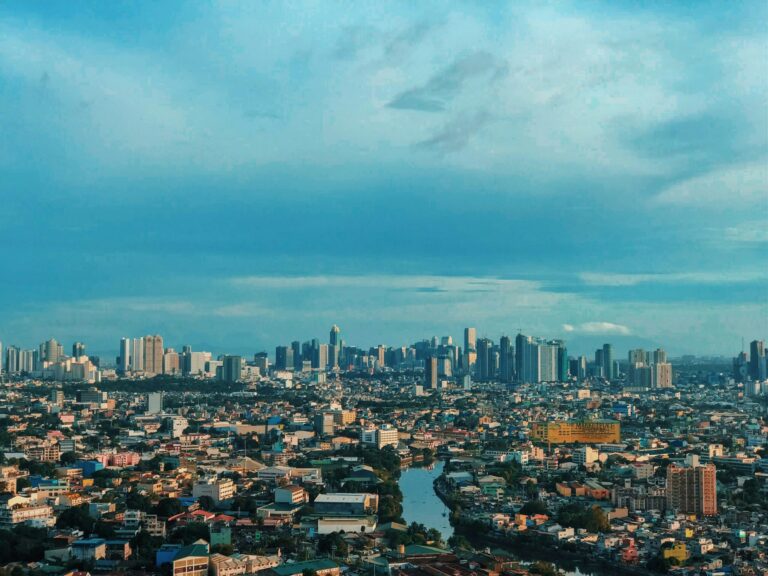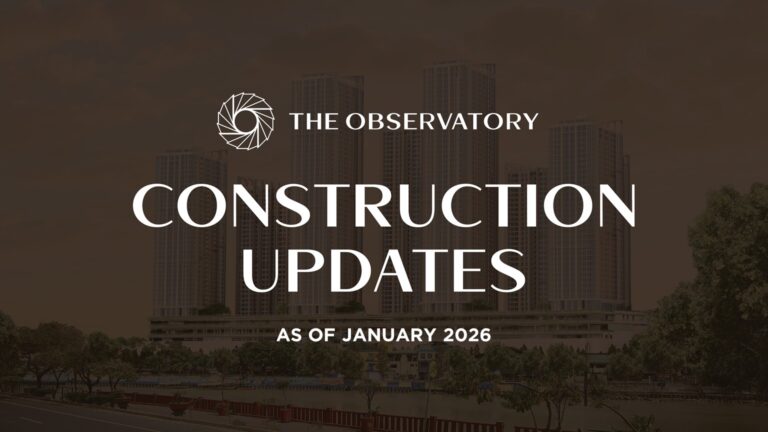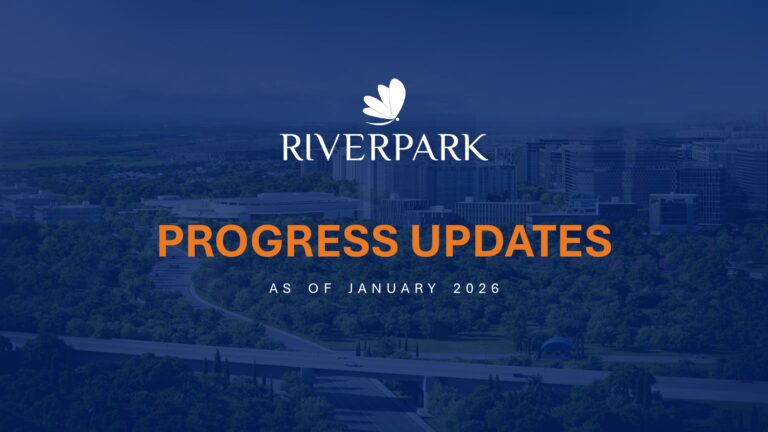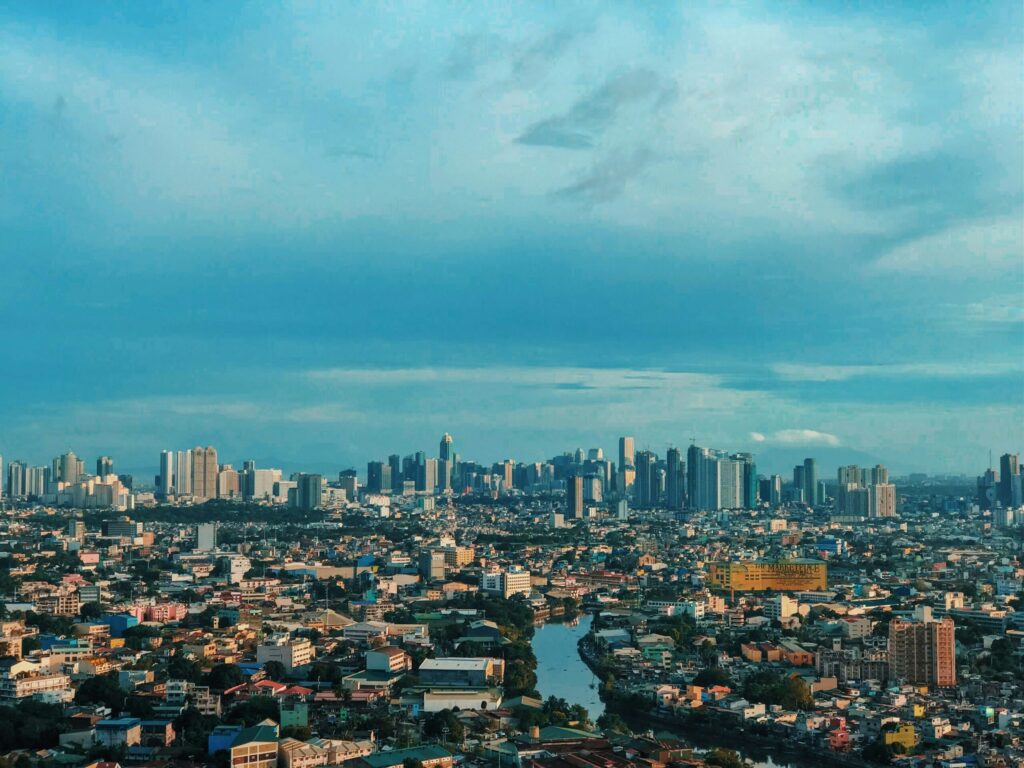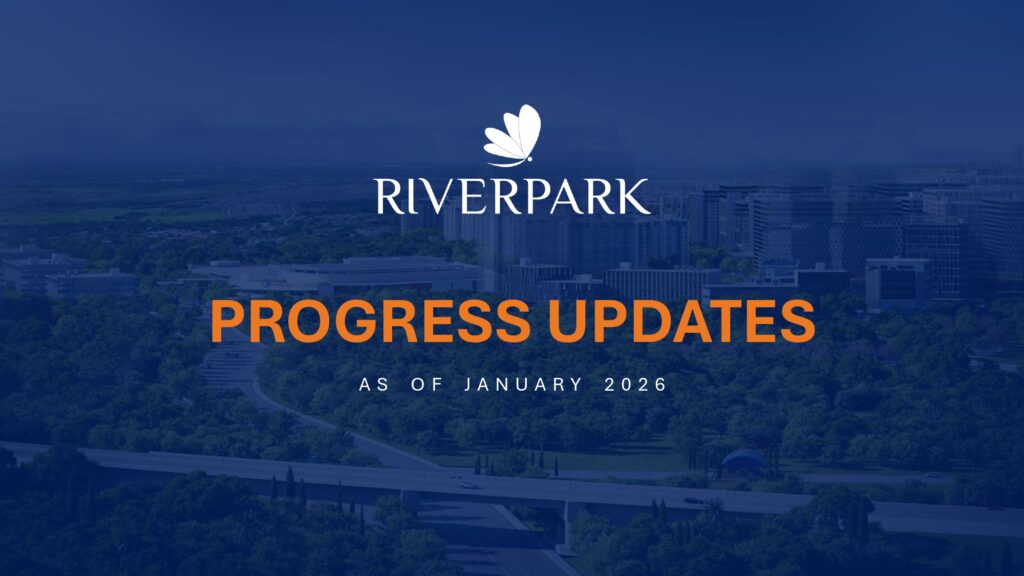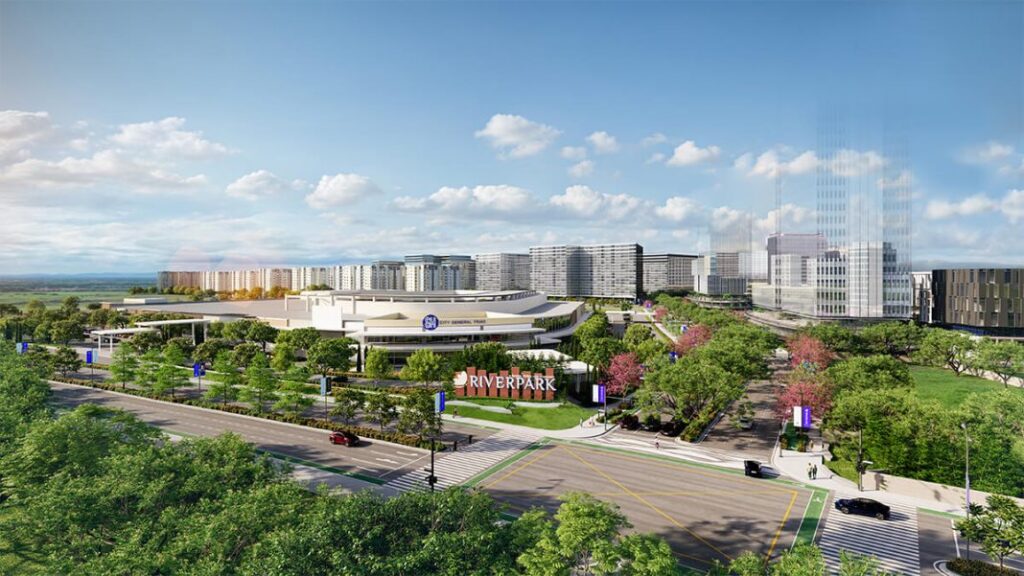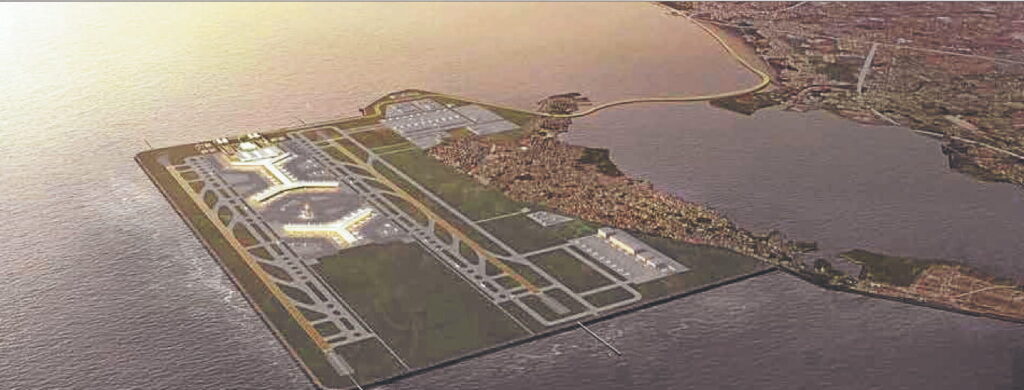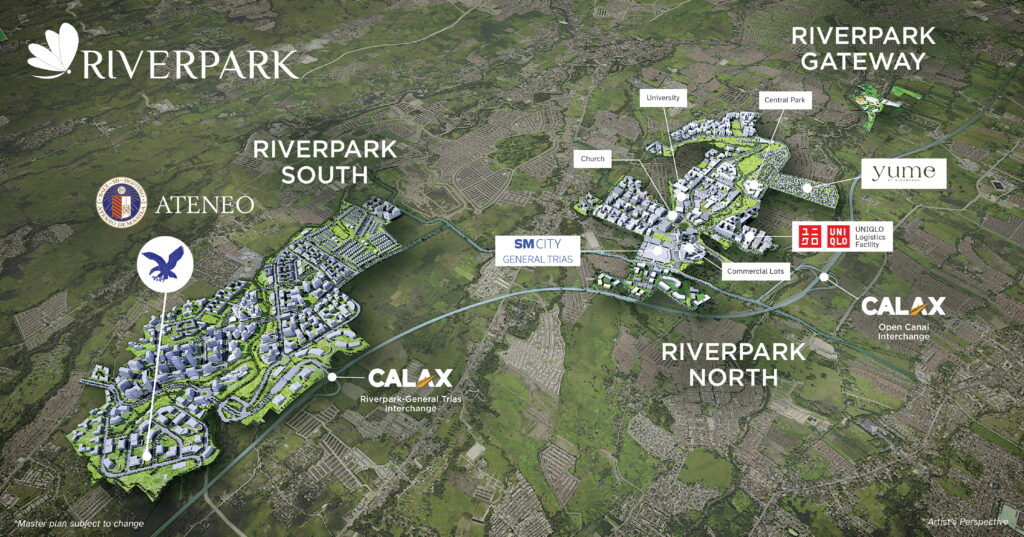Choosing a home goes beyond finding a place to live—it’s about laying the groundwork for your future. For young professionals chasing dreams, early nesters growing families, or budding investors seeking smart opportunities, a home is an expression of ambition. Priorities like location, modern features, thoughtful design, and a balanced lifestyle become essential.

Awarded as the Best Breakthrough Developer in the Philippines and Asia by PropertyGuru, Federal Land Nomura Real Estate (FNG) is setting a new benchmark for the future of living. This partnership unites Federal Land Inc., a leader in Philippine real estate, and Japan’s Nomura Real Estate Development Co., Ltd., known for its innovative and diverse portfolio. Together, they deliver spaces that redefine everyday life with thoughtful Japanese design principles.
Harmony between modern living and Japanese philosophy
FNG properties blend modern innovation with the timeless elegance of Japanese principles. Guided by kaizen, or continuous improvement, the company reimagines what living could be for Filipinos through its ways of working and conscious design. By adapting traditional Japanese elements—such as genkan entryways and space-saving layouts—to fit Filipino lifestyles, FNG creates homes that combine quality, functionality, and beauty.

Amenities such as fitness centers, parks, swimming pools, and entertainment rooms meet the needs of modern living, while walkable layouts and enhanced security provide safety and convenience.
A breakthrough year
FNG unveiled two landmark projects in 2024: Yume at Riverpark in General Trias, Cavite, and The Observatory in Mandaluyong.

Yume at Riverpark offers a tranquil residential haven. With only 296 lots, its master plan includes lush gardens, open spaces, and community-centered features like a wellness spa and function hall. Strategically located within the vibrant township of Riverpark, it strikes a perfect balance between accessibility and serenity. Recognized as the Best Subdivision Development in the Philippines by PropertyGuru, it is ideal for growing families and retirees alike.
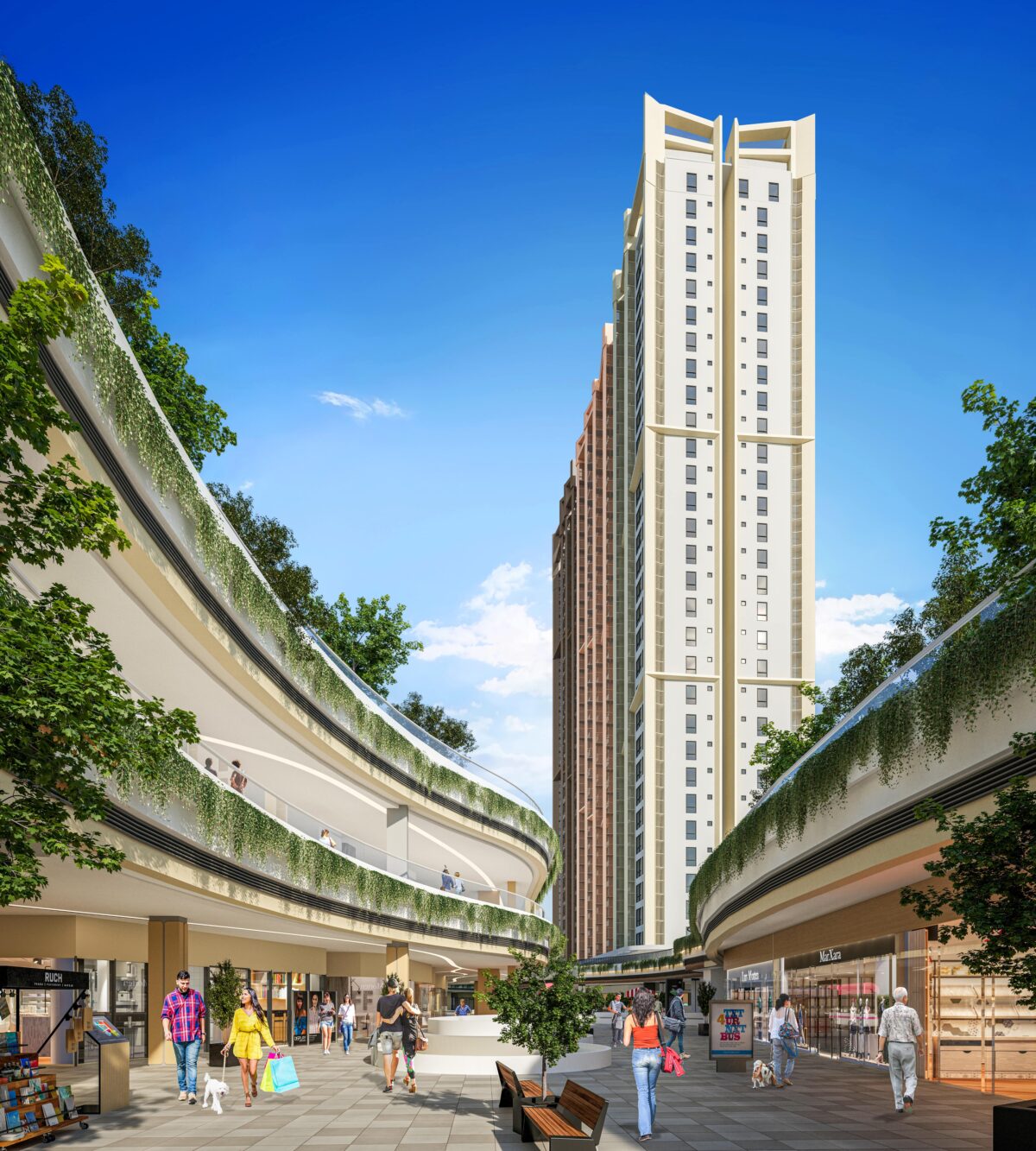
For urbanites, The Observatory captures the essence of city sophistication. Inspired by Japan’s natural landscapes and the Philippine eagle, this development will feature residential, retail, and commercial spaces designed to elevate the urban experience. Residents will be treated to a curated mix of Japanese brands, specialty restaurants, and modern amenities like co-working spaces and a garden lobby, all with stunning views of the BGC skyline. Its first tower is designed with the energetic Shibuya district in mind, bringing culture and charm to our own Metro.
As 2025 unfolds, the developer looks forward to showcasing the progress of these projects.
Communities built to thrive

Yume at Riverpark and The Observatory are designed to foster communities where individuals and families can flourish. These developments bring together Japanese philosophies and Filipino values, offering homes that are both practical and aspirational.

